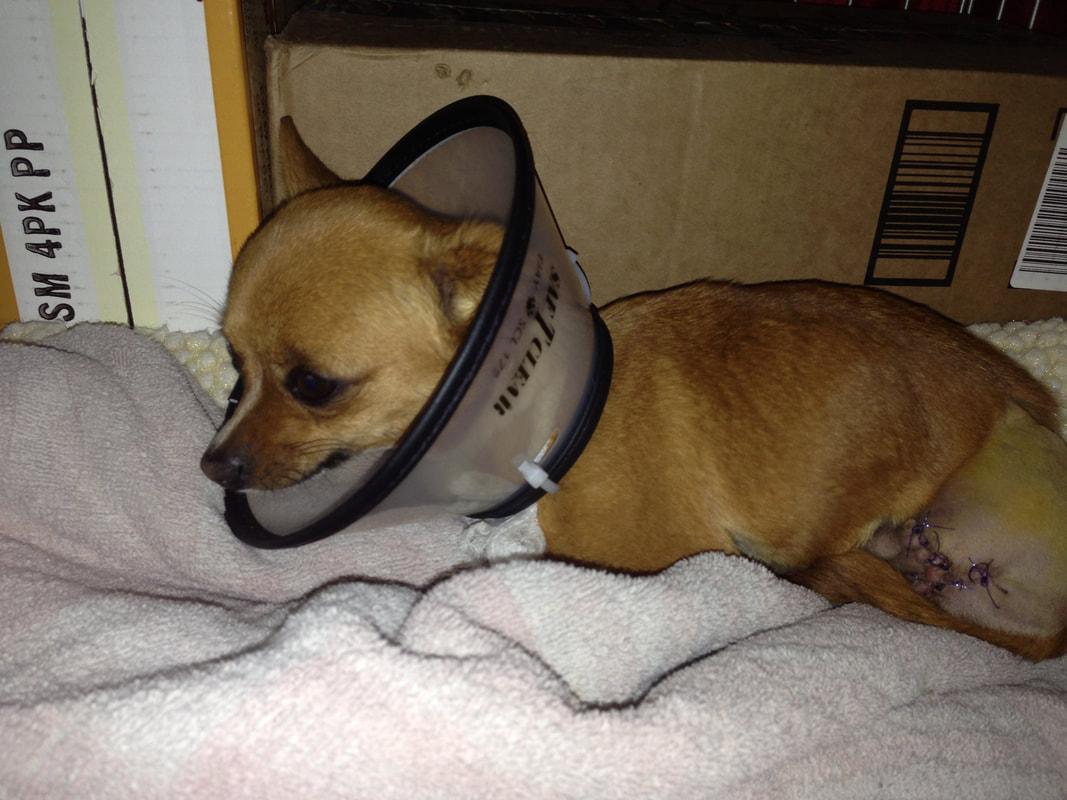 What is pre-anesthetic screening? “Pre-anesthetic screening” is the term we use to describe tests we use to assess your pet’s fitness for anesthesia. At Integrative Veterinary Care, our standard pre-anesthetic screening is comprised of a small blood chemistry panel to look at basic kidney function and a few other indicators, a complete blood count which allows us to see whether your pet has adequate blood platelets (cells involved in clotting!) and red cells (which carry oxygen), and an ECG (also called an EKG) to assess heart rate and rhythm from the heart’s perspective. In some cases, we need to run an expanded panel, thyroid level, or do chest radiographs (x-rays) to assess heart size and shape. Why do pre-anesthetic screening? In the young, overtly healthy pet, we run these tests to look for congenital or developmental anomalies that are invisible on physical examination but which may make anesthesia unnecessarily risky for your pet. One example would be the case of congenital kidney disease that I identified in a 6 month old Maltese who was supposed to be spayed. We had no idea that her kidney values would be 2-3 times normal, because she was running around and eating and drinking like any other puppy. Her owners decided to forego the risk of surgery. In the older pet, pre-anesthetic screening can unearth issues we had no idea about, but which need to be resolved to minimize anesthetic risk. A fairly common finding is a cardiac arrhythmia called ventricular premature complexes, which can be associated with underlying disease and which, if frequent enough under anesthesia, can be fatal. We have also identified “heart block,” where the electrical impulse is prevented by some anomaly from travelling smoothly from the atria to the ventricles, preventing appropriate changes in heart rate to maintain adequate blood flow to the tissues in the event of a change in blood pressure, etc. In one case, we identified a potentially fatal arrhythmia that was secondary to a urinary tract infection! The bottom line is that the more information we have about your pet’s physical state, the better job we can do at making anesthesia as uneventful as possible.
0 Comments
Your comment will be posted after it is approved.
Leave a Reply. |
AuthorsDr. Brenda Mills and staff members Archives
January 2021
Categories |
 RSS Feed
RSS Feed